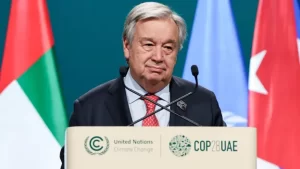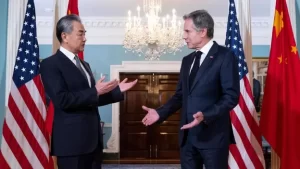Griffin’s criticism of TikTok’s alleged ties to the Chinese government underscores broader concerns about the intersection of technology and geopolitics. As a former Trump administration official and a prominent figure on “The View,” her remarks carry weight and contribute to the ongoing dialogue surrounding national security and social media platforms.

The debate surrounding TikTok’s ownership structure and its implications for national security is multifaceted. On one hand, TikTok’s claims about its ownership by global institutional investors may provide reassurance to some. However, skeptics argue that the platform’s roots in China raise legitimate concerns about data privacy, surveillance, and potential foreign influence.
Griffin’s assertion also draws attention to the evolving role of social media platforms in shaping public opinion and political discourse. With TikTok’s immense popularity among users worldwide, its impact on public perception and geopolitical dynamics cannot be overlooked. The platform’s ability to disseminate information and influence public sentiment has sparked debates about regulation, transparency, and the balance between free speech and national security interests.
Furthermore, Griffin’s decision not to have an individual TikTok account despite “The View” having a presence on the platform raises questions about personal responsibility and digital engagement. As individuals and public figures navigate the complex landscape of social media, considerations about privacy, security, and accountability come to the forefront.

In conclusion, Griffin’s criticism of TikTok adds another layer to the ongoing discussion about technology, national security, and global politics. As policymakers, tech companies, and individuals grapple with these complex issues, finding a balance between innovation, security, and personal freedoms remains a pressing challenge in the digital age.
Follow torrenttip51 for more latest information!


